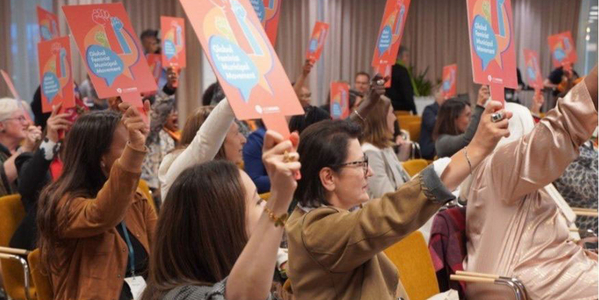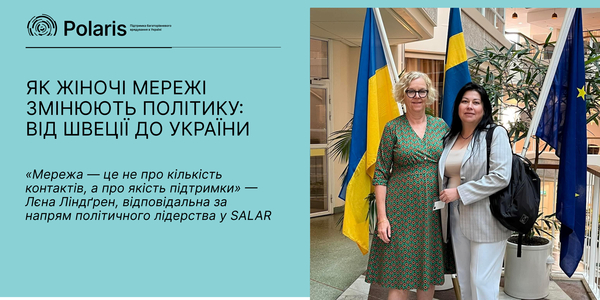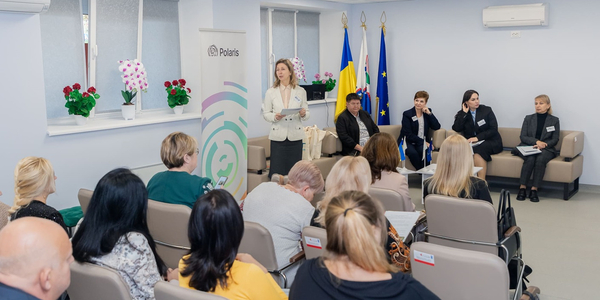Gender equality
Compliance with gender equality is particularly relevant in the context of decentralisation. In course of the reform, hromadas got wider powers and already determine their economic and social development, provide services, analyse and respond to the needs of their residents – women and men of different social groups.
Understanding gender differences and inequalities is part of the local economic development analysis. In carrying out such an analysis “women” and “men” are not viewed as a whole, but social variables are considered: situation with young men, elderly women, young girls with disabilities, elderly men belonging to a national minority, etc. Understanding these aspects helps build a clearer and more accurate picture of economic variables and prospects.
Local authorities can use gender analysis tools, such as: analysis of the availability of services for women and men, gender sensitive strategic planning, gender responsivebudgeting, that altogether require the use of gender-disaggregated data. This makes it possible to take into account the difference in the needs of women and men and to better meet them through the implementation of local programmes.
In addition, the question of adhering to the principle of gender equality is a goal in itself, in the light of international commitments to ensure the rights of women and girls. Hromada should be interested in ensuring that men and women are equal partners in any economic development initiative.
This section will be useful to hromada management and residents, as well as to gender equality experts.




